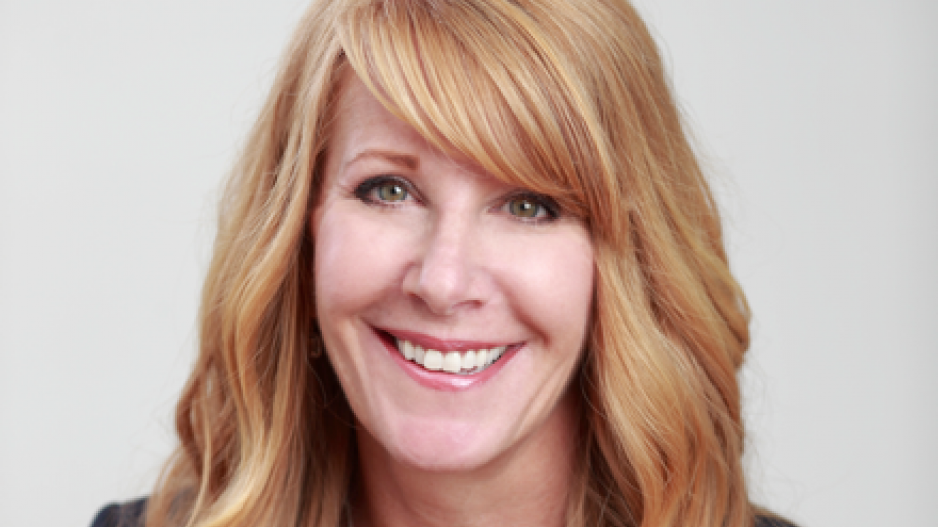While people in the United States are expressing higher-than-ever levels of distrust in public institutions, governments and businesses, Canada remains relatively stable on that front, according to a new global report.
But while places like B.C. are not seeing dramatically lower public trust in media, elected officials and CEOs, people remain highly skeptical of these public figures – a fact partially owing to the advent of the “fake news” phenomenon and other trends made possible by rapidly evolving social media consumption habits.
The report, titled the Trust Barometer, is conducted annually by global public relations consultancy Edelman. The 2018 numbers showed that, while the percentage of the public surveyed who trust government and media rose (by three and four percentage points, respectively) from 2017, the overall trust level remains below 50% in both cases (46% for government, 49% for media).
Furthermore, public trust in businesses actually slid by one percentage point to 49%, and only 36% of those surveyed felt a CEO is generally considered “very credible.” That figure of trust is vastly lower than that for an academic expert (63%), a technical expert (62%) and a financial industry analyst (51%).
“Trust has really become a very important commodity globally,” said Bridgitte Anderson, general manager of Edelman Vancouver.
“And obviously, people in Canada are very skeptical about institutions right now. But there is a huge opportunity here; Canadians are saying they want CEOs to step up and lead in creating positive contributions to society. People want these CEOs to drive economic prosperity, to create jobs, to provide equal opportunities and to innovate.”
Former federal cabinet minister James Moore, who now works as a public policy adviser at Edelman, said the current haze of skepticism has one main source: social media. Moore noted two recent examples in Canadian politics – one, Prime Minister Justin Trudeau’s recent troubled visit to India; the other, Ontario MPP Patrick Brown resigning as the province’s Opposition leader after allegations of sexual misconduct – where a different or faster response from officials may have resulted in different outcomes in public perception.
“The digital and social media revolution has really been tectonic for the public’s expectation for blunt, transparent and honest conversations about problems within institutions and organizations,” Moore said. “People realize that they have these tools of accountability at our disposal, but CEOs and public figures often still operate on an old-school paradigm of thinking the public can be spun away from a bad headline. People can see that from a mile away.”
Moore, whose portfolios in Ottawa included the ministries of Industry and Canadian Heritage, said the onus is now on public figures like CEOs to respond thoughtfully and genuinely, but also quickly.
“The new paradigm is that you have to respond, but you have to respond with reaction speed.… A delay of response is increasingly seen by the public as a concession of the accusation.”
He also added that CEOs and public figures should constantly seek out opinions of their own brand – a self-auditing process – to get ahead of and be prepared for the speed at which a social-media-driven news cycle drives the spread of information both true and false.
The Edelman report also revealed that the Canadian public is increasingly aware of that same social media pace and its pitfalls; 65% of this year’s respondents said they worry about what they define as “fake news” being used as a weapon. But while Anderson said certain techniques would definitely help CEOs project a better image, the key remains an ideological shift – to embrace the Canadian public’s wish for executives as change agents, rather than as people focused only on the bottom line.•




